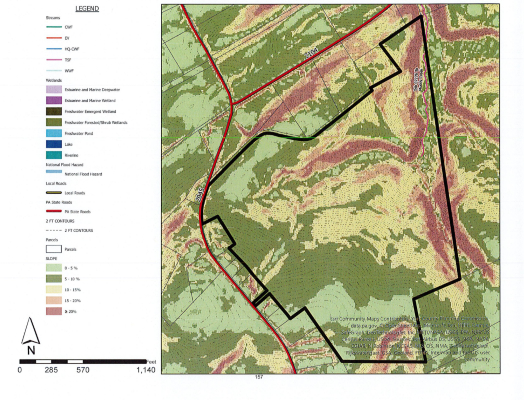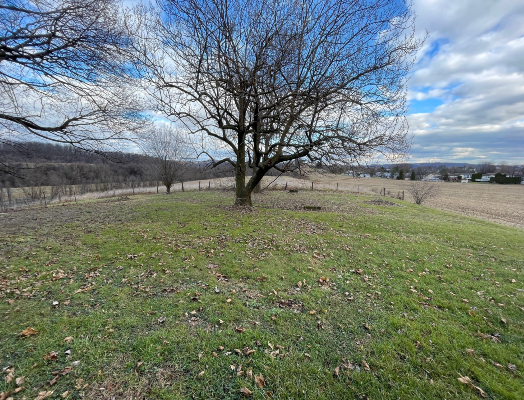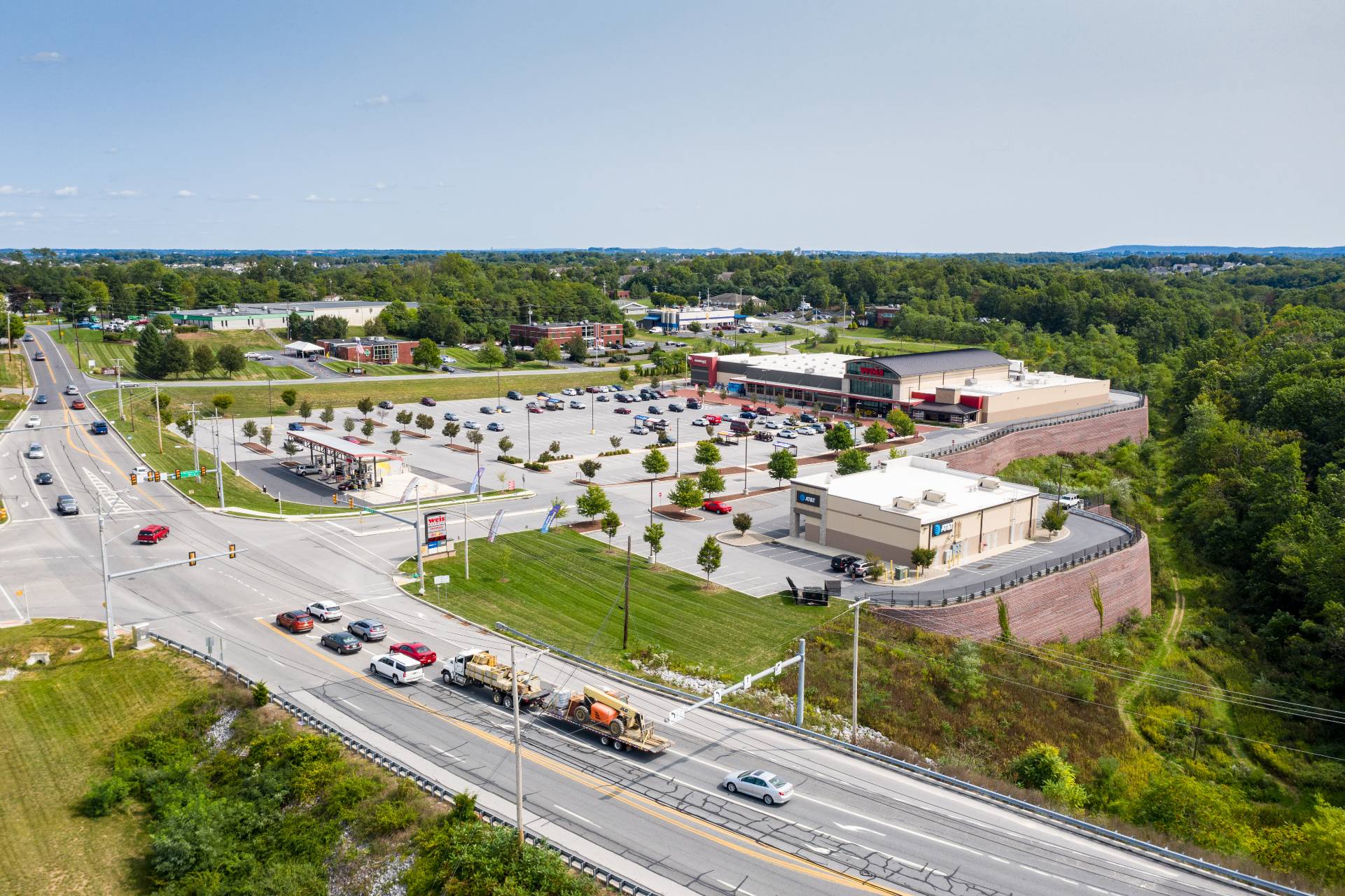Feasibility Study – Pennsylvania
Before investing in land development, scheduling a feasibility study will ensure your land is viable. A feasibility study is the result of the evaluation of all physical, commercial, social, and environmental factors that make up a piece of land to determine if that land is viable and best suited for an intended purpose. At First Capital Engineering, our expert will guide you through the process, helping you understand the purpose, components, and benefits of a feasibility study.
Request a Feasibility Consultation
How can we assist you with your next project? Call 717.845.3227 or complete the form below. We’ll get back to you within 1 business day.
What Is a Feasibility Study?
A Feasibility Study is a comprehensive analysis of all factors determining if a piece of land is worth investing in and commercially viable for development. These factors include:
- Site topography and physical features – elevation, drainage, slope, and landforms.
- Environmental characteristics – wildlife habitats, soil quality, vegetation, and flooding or wetland regulations.
- Zoning and regulatory issues – local zoning classifications, building codes, environmental regulations, and historical designations.
- Sewage and water viability – water supply availability, sewage disposal access, and water table levels.
- Socio-political value – community opinions, local government policies, and visual implications.
- Market value – comparable property values, economic conditions, and developmental costs.
- Future growth potential – projected population of the region, nearby urban development, and surrounding infrastructure development plans.
A comprehensive Feasibility Study is crucial to assist the property developer in moving forward with the go-no-go decision with emotional and financial confidence. As site selection is generally the first step in the land development process, a feasibility study should be the first order of business.


How Are Feasibility Studies Useful?
In a state with such diverse terrain as Pennsylvania, a thorough feasibility study will assist in maximizing the natural advantages the land offers while aiding in creating a project design that will safeguard the natural resources in the area. Obtaining this data and information at the beginning of the project will lead to better credibility and more competent and cost-effective decisions on the front end.
It’s also important to note that not all feasibility studies go beyond design and engineering. As you select your feasibility study specialists, be sure to choose a team with comprehensive feasibility study experience, like our 30-year experienced team here at First Capital Engineering.
Who Can Benefit From a Feasibility Analysis?
Not sure if you need a feasibility study? At First Capital Engineering, we believe all property developers and individuals contemplating the purchase of land or initiating any land development project will benefit from a feasibility study. Some examples of these projects that would benefit from a feasibility study include:
- Residential
- Commercial
- Industrial
- Institutional
- Healthcare
- Municipal
- Parks and recreational projects

What are the Components of a Land Development Feasibility Study
A feasibility study identifies potential components/challenges a parcel of land may face, allowing developers to address issues face-on in the beginning stages. By scheduling a feasibility study, you ensure a smoother project, avoiding the need for contingency plans to be put in place.
Challenges
Understanding the challenges associated with a parcel of land is critical, particularly in Pennsylvania, where simple factors such as weather can play a significant role in the outcome of a project. These factors can lead to unnecessary delays in planning. Possible challenges include those from the physical environment and the social environment.
Physical Challenges:
- Topography
- Climate concerns
- Stability of the soil
- Geographic elements such as forests and bodies of water
Social Challenges:
- Nearby commercial prospects
- Population demographics of salaries and employment
- Socio-political climate
- Local regulations
Utility Access
Utilities are an essential consideration for any project. Whether the access to utilities either exist, or the ease at which they can be sourced is critical to evaluating the success and potential budgetary requirements of a project. Some of the factors that may be evaluated include:
- Water supply
- Septic & drainage systems
- Sewage lines
- Electricity and gas connectivity
- Available roadways
- Accessibility of the land
Environmental Impacts
In order for a project to be successful, the land, water, and air must be considered. To help achieve a balanced ecology, we must enhance the positive impacts and mitigate the negative impacts of the potential project on the natural environment.
The land must be evaluated for:
- Soil Type
- Previous contaminations
- Existing vegetation
- Potential location in a floodplain or watershed
- Potential proximity to ecologically critical areas
- Wildlife habitats
Legal and Regulatory Issues
In Pennsylvania, the established government and municipal ordinances will determine if that parcel of land will be a good fit for the intended purpose of the project. At this stage, it will be determined if special zoning exceptions, variances, or even rezoning will be required.
As all regional jurisdictions in Pennsylvania will have their own set of rules and regulations to follow, a Feasibility Study will outline the following items:
- All required fees
- Necessary permits
- Zoning regulations
Costs
Unplanned and unexpected costs and fees have stopped potentially viable projects in their tracks. The financial review is a critical piece of the feasibility study and includes:
- Permitting, NPDES and PennDOT fees
- Required costs to alter the physical landscape
- Outline of utility costs
Our Feasibility Study Process
At First Capital Engineering, our comprehensive feasibility study process evaluates the unique challenges of land development in Pennsylvania. Our assessments include a physical evaluation, a planning and development review, a process evaluation, and a feature analysis. All First Capital Engineering clients will receive their Feasibility Study in one comprehensive report, including all sketch plans, data, maps, photos, schedules, and any other pertinent material related to the study.
Read more about our four-step process below.
Step 1: Physical Evaluation
We complete a thorough physical evaluation of the site and deed research at the local courthouse and with the township or borough. Topography and boundary surveys may be utilized at this time.
Step 2: Planning and Development
The planning and development evaluation is followed by the development of a sketch plan and a full zoning ordinance review. The various iterations and evolution of the sketch plan will be detailed, as well as any given reasons for modifications. The zoning ordinance ensures that all aspects of the sketch plan and proposed project meet the requirements including frontage, rights-of-way, easements, parking, fencing, and signage.
Step 3: Process Evaluation
Next, we evaluate the land Development and subdivision processes, identifying all necessary permits and applications. This includes scheduling meetings with local entities such as the township, planning commission, zoning hearing board, PennDOT, and conservation district. We will also determine filing costs and permitting fees, including estimates for the required physical alterations to the parcel such as earthwork, paving, stormwater and drainage, sanitary, erosion and sedimentation control, landscaping, and signage.
Step 4: Feature Analysis
Lastly, the stormwater and natural features analysis will address potential issues regarding floodplains, watersheds, wetlands, and other physical features. Disturbances in or around the wetland areas could require wetland mitigation and environmental permitting. The soil profile will be assessed for underlying geology, aiding the overall stormwater management and erosion and sedimentation control design. Additionally, geologic concerns such as earthquakes, radon, landslides, sinkholes, as well as sensitive species habitats, will be evaluated.
Our Service Areas in Pennsylvania
Choosing a trusted firm to execute your feasibility study can be challenging. Which is why we’ve expanded our service areas to include the entirety of Pennsylvania. This includes York County, Lancaster County, Harrisburg & Cumberland County, and Adams County. Conveniently located near Baltimore, we also serve Maryland clients. Additionally, our expertise now extends to West Virginia, offering feasibility studies across a significant portion of the Mid-Atlantic region.
Project Examples & Client Testimonials
At First Capital Engineering, our 30 years of experience, and local and numerous awards speak for themselves. But more than that, our dedication to your project is reflected in our past work and client testimonials. Check out our previous projects and client feedback to gain confidence in moving forward with your feasibility study.
Past Projects
Testimonials
“Always prompt with their surveying quotes! Regina and the guys at First Capital are always so helpful, and ready to submit exactly what we need whenever we need it.”
“I’m retired military and took over the secretary duties in our homeowner’s association recently and was tasked with researching pond repair information.
When I reached out to First Capital Engineering, I was addressed with such professionalism and enthusiasm from staff that I knew I would be in great hands.
John Luciani the president of the company took on my project with great care in educating me with each part of the process to ensure I had a complete understanding of what was needed for the most efficient repairs that would best fit our budget as well… He and his incredible staff did an amazing job and I look forward to working again with them soon.”
“First Capital does a great job for my customers, they are extremely responsive & easy to communicate with. You can count on the best of service and the highest of standards! Thank You First Capital!”
Certifications & Affiliations
Aside from being a certified Disadvantaged Business Enterprise (DBE) in both Pennsylvania and Maryland, FCE is also certified through the following organizations:

WBE (women’s business enterprise) through WBENC
Certification: #2005125236
Expires: 8/29/25

SBE (small business) thru PA DGS
Certification: #328935-2023-08-SB
Expires: 8/24/25

DBE (disadvantaged business) thru PennDOT (PA-UCP)
Certification: #14631
Expires: 7/8/25

WBE (women’s business) thru the City of Philadelphia
Certification: #112279
Expires: 7/2/25

SBR (small business reserve) thru MD DGS
Certification: #SB20-007982
Expires: 4/24/25

SDB (small, diverse business) thru PA DGS
Certification: #328935-202308-SDB-W
Expires: 8/11/25

